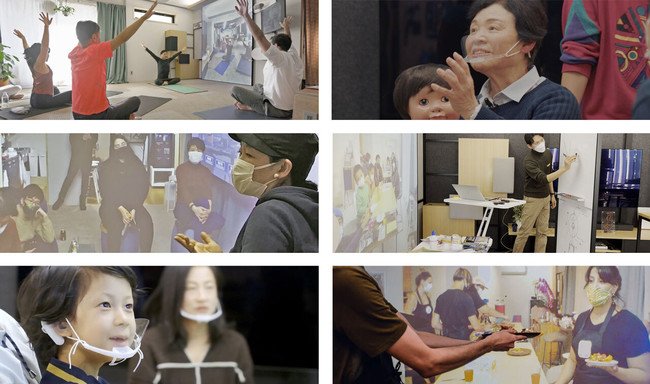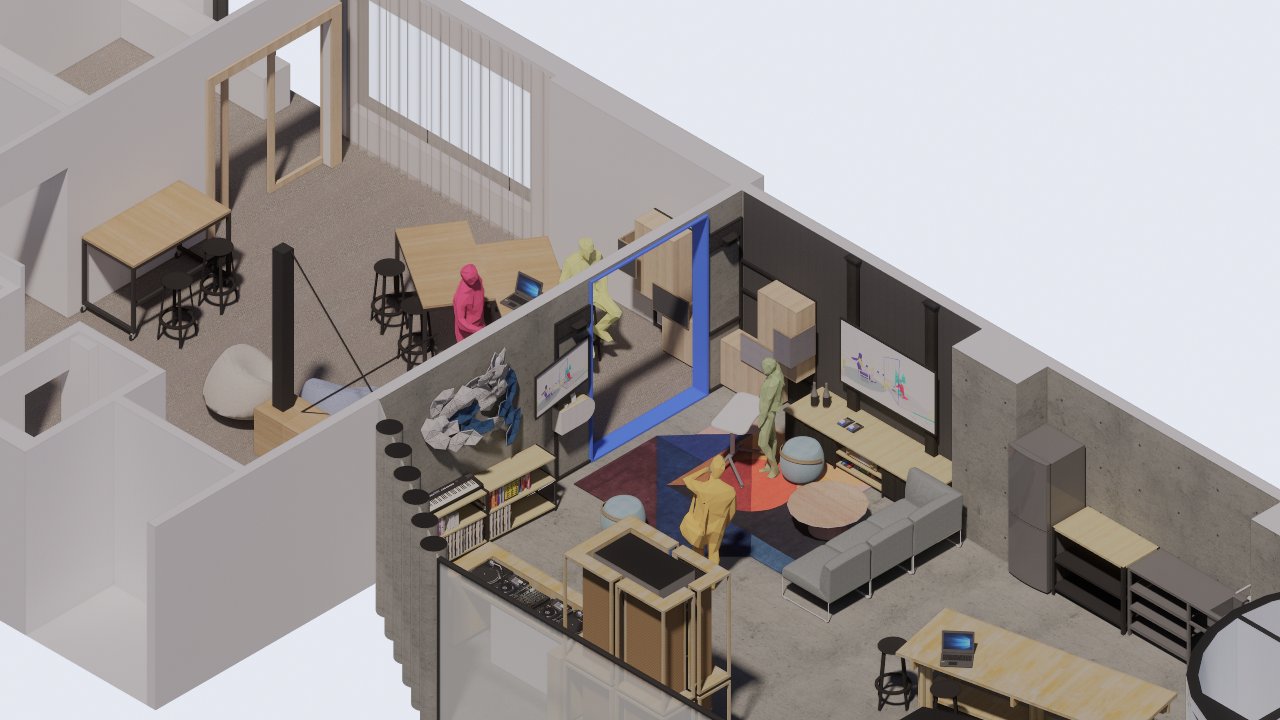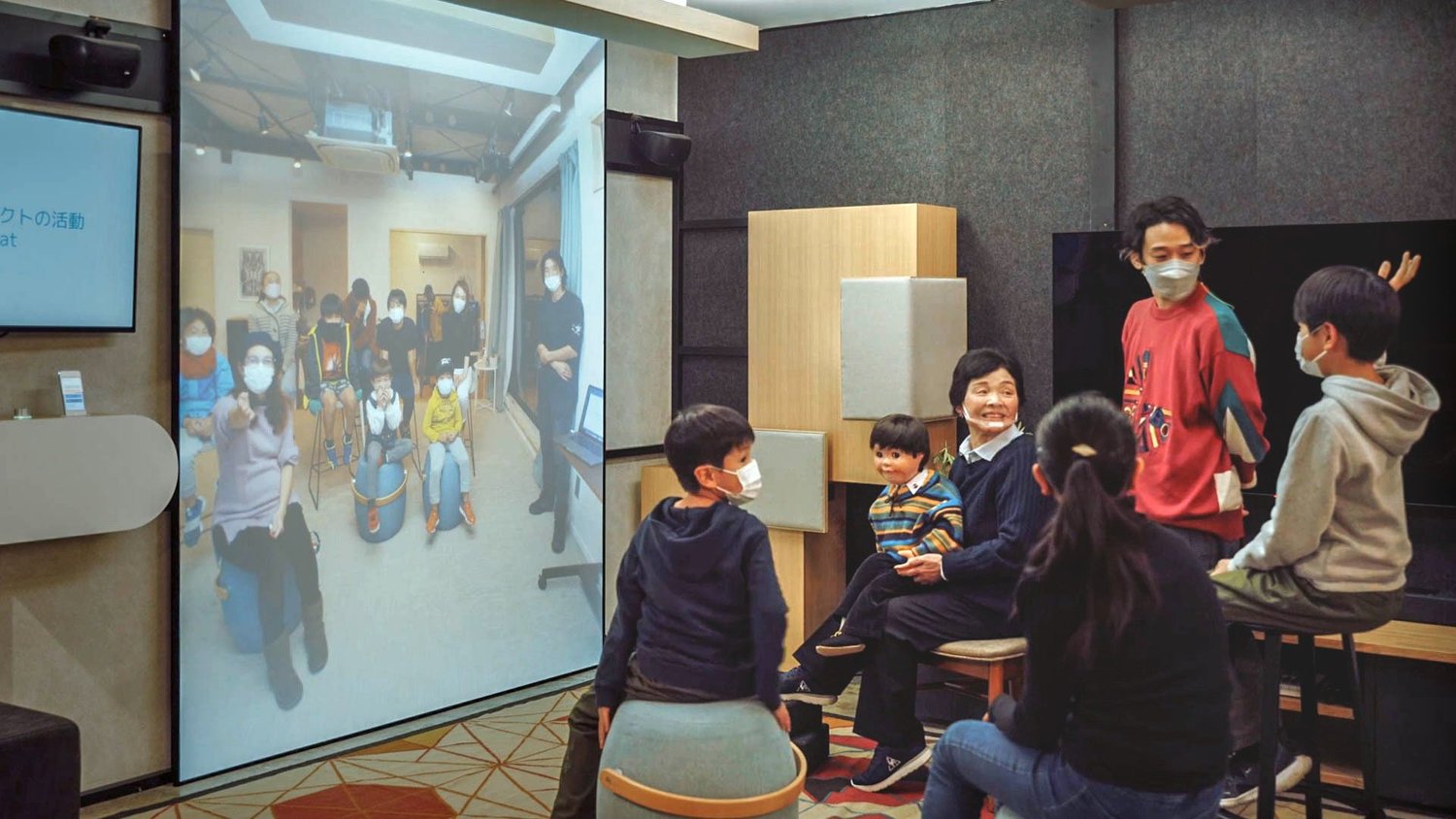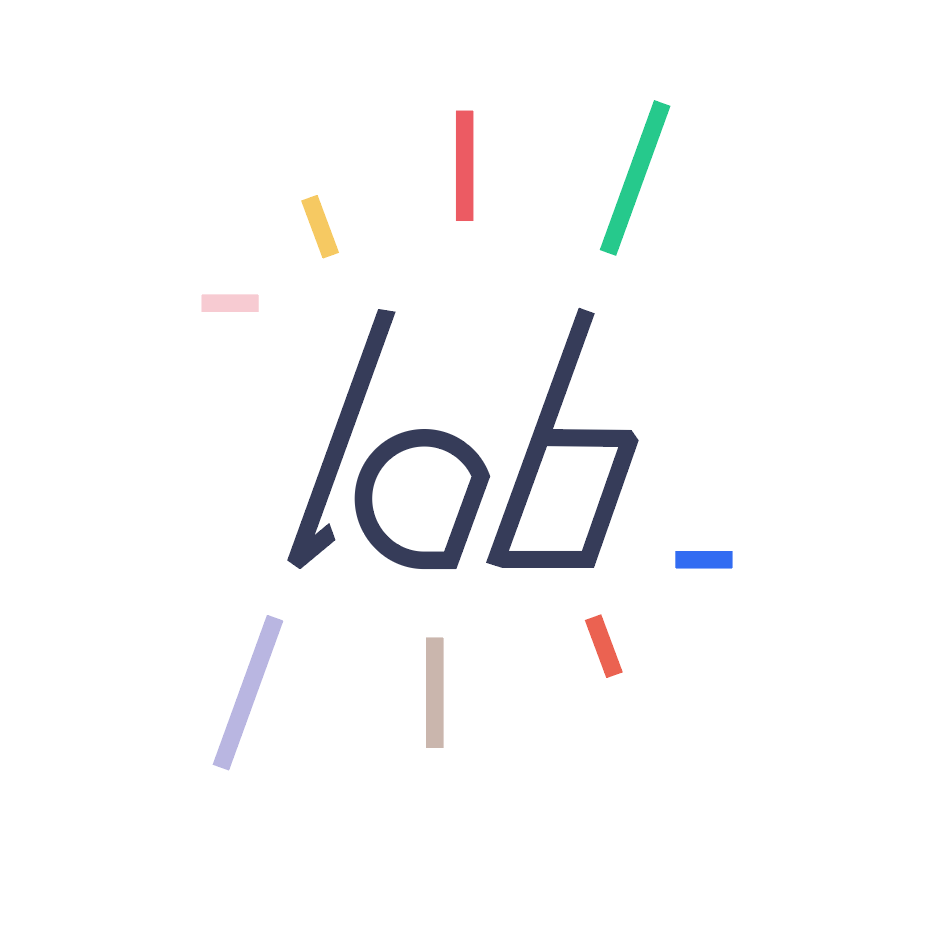The mission of tonari, a social venture, is to create a society where people can feel closer to their loved ones across distances. In 2017, tonari developed technology that connects two distant spaces in life-size, and launched tonari lab to explore new possibilities in the fields of community, family, education, and welfare.
What we learned from our experiments
- tonari is easy and natural for anyone to use
- tonari is particularly effective for hands-on and participatory learning
- tonari allows people to feel as if they are inhabiting the same space together
- Creating the right space and layout is important for usability and a sense of unity
About the six experiments

The experiments were conducted at a venue that connected Straylight in Yoyogi-Hachiman and Hayama in Kanagawa, which are about 60 km apart. The six experiments were selected from publicly solicited ideas based on their diversity and relevance to our research and ideas, and participants and co-sponsors were recruited according to the research theme.
Spending time together despite distances
We had people of all ages use tonari, from the elderly, including Kotani-san, who was in her 80s and gave an atomic bomb survivor testimony, to children under 10 years old, and they were all able to use tonari naturally without prior explanation or instructions.
Compared to other video communication tools – which severely limit the range of visibility and tend to have disruptive delays – tonari's design provides a sense of warmth and a comfortable environment for its users.
tonari transcends the limitations of typical web conferencing systems, such as narrow viewing angles and range, and high-latency or delayed communication. It allows users to convey emotion, thoughtfulness and warmth to the other side that would otherwise be lost. We realised that tonari can create a comfortable and happy environment for anyone.
Sign language uses not just hands and facial expressions, but requires use of the entire body. [tonari] really provides an excellent environment for distant learning and teaching in sign language. Interpreter at the sign language workshop (co-hosted with Silent Voice)
Hands-on and participatory learning
With tonari, there is no delay in the video and audio — unlike typical web conferencing systems. This eliminates some stress unique to online classes, allowing students to concentrate on their work. Students can ask questions and speak to other students naturally, without having to wait for the right time or anpause to speak, just like in face-to-face classes!
In the Mexican cooking workshop, participants could see and receive instructions on how to press tortillas in the tortilla press and cook them. The instructor was able to watch the students’ hand actios and observe details like the degree of doneness as they cooked together. The class concluded with participants and the instructor enjoying a shared meal together. Several of the participants then went off to make their own tortillas at home!
A singular, connected experience
It was interesting to experience the contrast between the calm atmosphere of the class — where we could hear each other's breathing — and the smoothies we made and drank together afterwards in a lively and friendly atmosphere... It felt like a singular, connected experience. It was hard to believe we were 70km apart! Participant from Yoga class and breakfast
A clean and minimal yet flexible-use design
tonari lab is a public-facing space to hold community events. We specifically created a space that can be quickly rearranged so that appropriate interior layouts and furniture can be selected and used for each event.
The tonari lab spaces at Moshimo and Straylight are intended to continually evolve. We actively experiment with different technologies and layouts so we can explore new ideas, improve our products, and expand our approach to designing spaces for our clients.

tonari - right next to you
I was so surprised! Never experienced anything like it. The children were “tonari” (right next to me)! I never imagined this was possible … it makes me happy to know that with this I can carry on giving testimonials without having to travel as much. The children were engaged and I could answer questions, reply with eye contact and see their expressions too. It’s wonderful.” Kotani-san, who shared her experiences as a Hiroshima atomic bomb survivor (co-hosted with Peace Boat)
About tonari
tonari is a social venture founded in 2017 by former Google product manager Taj Campbell and engineer Ryo Kawaguchi. They aim to create a world without physical boundaries, where people can always be connected to work, education, and community. Leveraging the achievements of the social venture, they established tonari Corporation in 2018 and begun commercial operations in 2020.
✏️For more details on the demonstration experiment, please see the blog.

